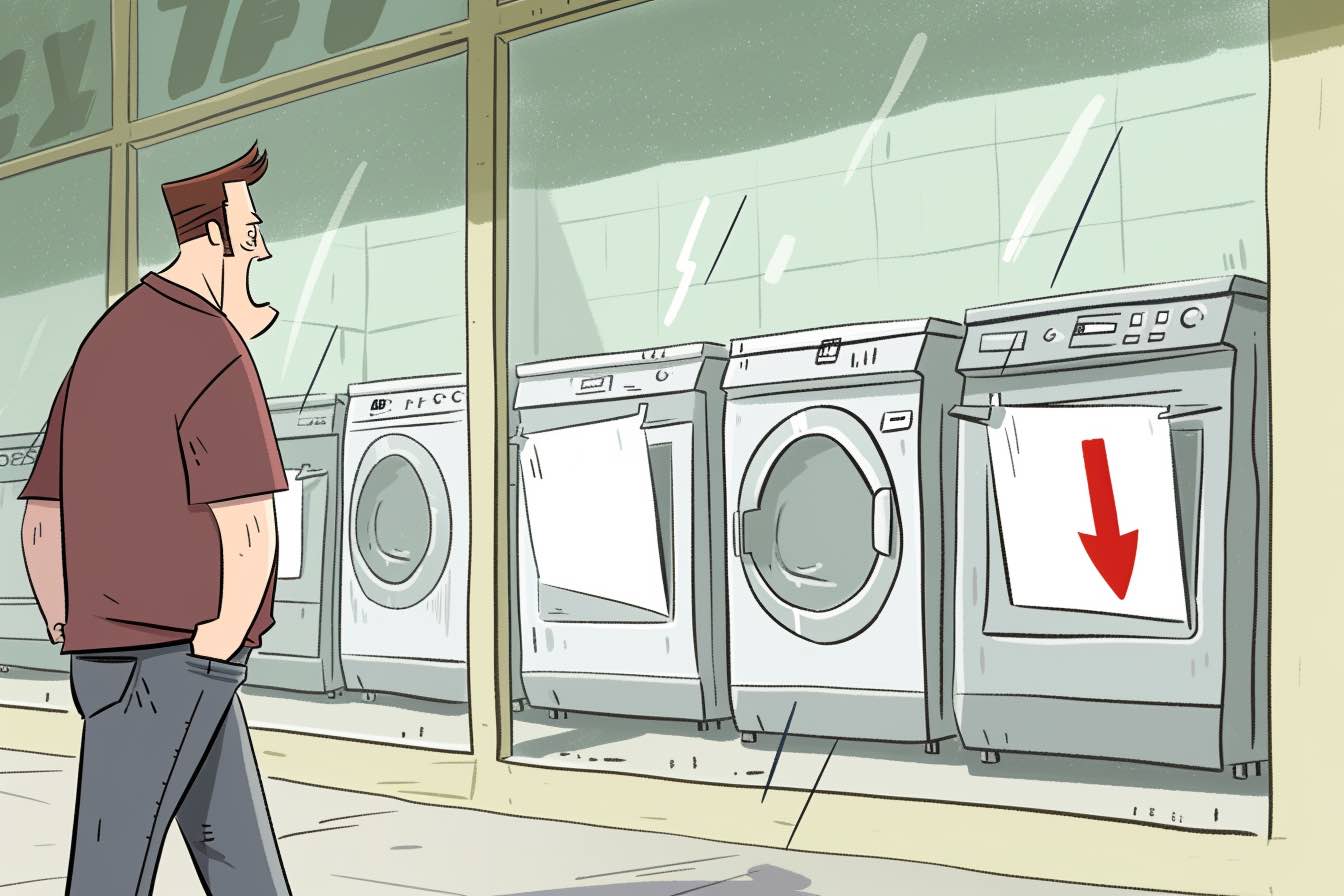Maxim Borodin’s laptop is out of warranty, and that seems to be all the license Sony needs to play games with a repair estimate. Can this computer be saved?
Question
I bought a Sony Vaio laptop last year. Three months ago one piece broke inside, and a month later, there was a horizontal crack on the screen. However, I still was able to use my laptop.
I sent my laptop to Sony, and they wanted $500 to repair it. I told them I’d rather purchase the part and replace it myself. But when I got my item back from Sony, there was another vertical crack on the screen, which totally disabled my laptop. I can’t use it right now.
When I asked Sony to take some responsibility for damaging my laptop even more, they denied damaging it. After some negotiation, Sony agreed to a confusing compromise. They wanted to charge me $300 to repair the screen, plus another $300, until I returned the old part back to Sony. However, they told me that old part shouldn’t be damaged, and if it’s damaged they will keep the $300, which means I would pay $600 for the repair — $100 more than originally quoted.
I feel like they don’t want me to replace the part on my own and they don’t want to take responsibility for damaging my laptop even more. Is this legal? Can you give any advice, please? — Maxim Borodin, Salt Lake City
Answer
I have received many complaints about faulty laptops. I’ve reviewed the correspondence between you and Sony, and I’m just as confused. Here’s what we know: Your laptop had a limited one-year warranty — you can read a summary on Sony’s website — but the repair was happening outside the warranty period.
Even if you were within your warranty, your cracked screen might not have been covered. The warranty, as I read it, covers hardware parts and labor support from the date of purchase and gives you a year of “free” call support, but significant restrictions apply. Here’s the fine print, if you have the time for it. If you dropped the laptop, even this warranty wouldn’t do you much good.
According to the warranty, “any condition resulting from physical abuse or misuse, excessive wear, and/or damage resulting from unauthorized prior service will void the manufacturer’s warranty.” (Here’s how to fix your own consumer problems.)
And that’s basically what Sony is saying, indirectly. When it tells you “it has been determined that your unit has suffered physical damage,” it isn’t necessarily claiming you did it, or taking the blame for it — only that it happened and that you have to pay to get it fixed.
Personally, I find these exchanges infuriating. I’ve been through almost exactly the same back-and-forth with Dell over alleged water damage. The manufacturer’s position was: it happened and you’re responsible. Pay up — or we’ll send the unit back to you and you can use it as a paperweight.
Sony took responsibility for the damage
Thanks for nothing.
It looked as if Sony didn’t appreciate the confusing nature of your case or the odd solution it had proposed. Look, I’m sure they have rules about repairs, but one thing I do know is that you can’t raise the price of a repair from $500 to $600 when, obviously, the computer hasn’t been used. Something doesn’t make sense. (Here’s the story of a reader’s missing laptop. Can Fujitsu fix the situation?)
My research team helped you track down an executive at Sony to whom you appealed your case in writing. By the way, here’s a link to those Sony bigwigs.
A Sony representative called you and agreed to take responsibility for the additional damage that apparently occurred at their facilities. Sony agreed to cover almost all of your repair costs, a solution that pleased you.




